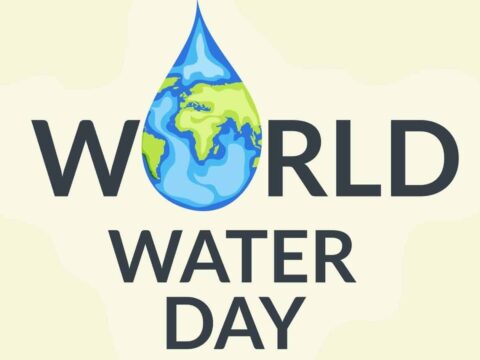INDIA GREENS PARTY
Press Statement
Climate change mitigation efforts can improve air quality: IGP
New Delhi, 7 September 2020: The India Greens Party (IGP) has said that improving air quality can enhance climate change mitigation and that climate change mitigation efforts can improve air quality.
In his statement on occasion of the International Day of Clean Air for Blue Skies today i.e.7 September, the IGP President Suresh Nautiyal said it is very important to improve air quality for the survival of humans and other species on Earth.
He said air pollution is the single greatest environmental risk to human health and one of the main avoidable causes of death and disease globally, with some estimated 6.5 million premature deaths (2016) across the world attributed to indoor and outdoor air pollution. Particularly in developing countries, air pollution disproportionately affects women, children and the elderly, especially in low-income populations as they are often exposed to high levels of ambient air pollution and indoor air pollution from cooking and heating with wood fuel and kerosene.
“The climate change mitigation efforts can improve the air quality,” Mr Nautiyal pointed out.
He said clean air is important for the health and day-to-day lives of people, while air pollution is the single greatest environmental risk to human health and one of the main avoidable causes of death and disease globally.
The IGP President said the international community fully recognised the need to substantially reduce the number of deaths and illnesses from hazardous chemicals and air, water and soil pollution and contamination by 2030. However, it was more important to reduce the adverse per capita environmental impact of cities, including by paying special attention to air quality and municipal and other waste management by 2030.
He said tiny, invisible particles of pollution penetrate deep into our lungs, bloodstream and bodies. These pollutants are responsible for about one-third of deaths from stroke, chronic respiratory disease, and lung cancer, as well as one quarter of deaths from heart attack. Ground-level ozone, produced from the interaction of many different pollutants in sunlight, is also a cause of asthma and chronic respiratory illnesses.
Besides, short-lived climate pollutants (SLCPs) are among those pollutants most linked with both health effects and near-term warming of the planet. They persist in the atmosphere for as little as a few days or up to a few decades, so reducing them can have an almost immediate health and climate benefits for those living in places where levels fall.
Mr Nautiyal said air pollution is a global problem with far-reaching impacts owing to its transport over long distances. In the absence of aggressive intervention, the number of premature deaths resulting from ambient air pollution is estimated to be on track to increase by more than 50 per cent by 2050.
Society bears a high cost of air pollution due to the negative impacts on the economy, work productivity, healthcare costs and tourism, among others. Hence, the economic benefits of investing in air pollution control cannot be overestimated, and it must be understood that there is also an economic rationale to act and that cost-effective solutions exist to address air pollution.
The IGP leader said the countries need to rededicate themselves to promoting sustainable development policies that support healthy air quality.
-Press Statement issued by the IGP Spokesperson (North) Rafat Jamal.




